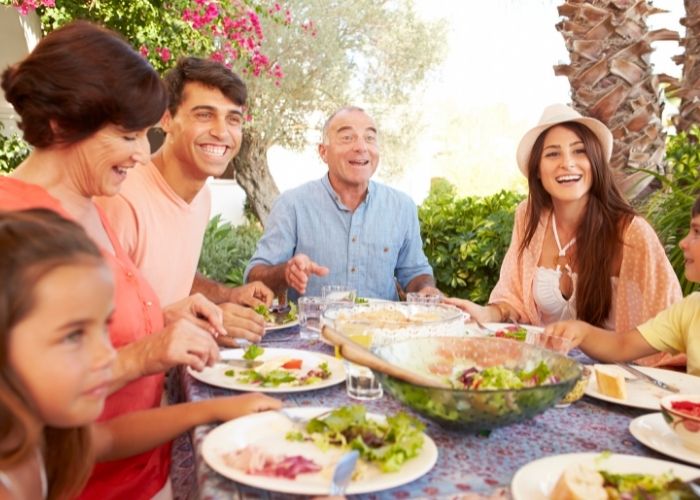MADRID – During a recent survey, 27% of those questioned doubt, or do not believe they will return to their old life after the pandemic. Even when herd immunity has been achieved. At the same time, only 1% is suspicious of the corona vaccines.
A total of 15.7% of Spaniards are convinced they will not return to the lives they led before. Another 11.3% have doubts about this. On the other hand, 61.2% of Spaniards believe they can pick up their old lives again when herd immunity has been achieved. A further 11.4% think they can go back to their old lives, but that it will take some time.
Effects and consequences of Covid-19
This is shown by research into the effects and consequences of coronavirus by the Spanish Centre for Sociological Research (CIS). The survey was conducted in May among 3,008 Spaniards.
This survey was compared to the results of the same survey from December 2020. As such, 14% more trust the old lifestyle can be picked up again after the pandemic. On the other hand, the percentage of Spaniards who do not believe in it has also increased by 3%.
Confidence in vaccination
As for confidence in vaccinations, the same survey shows that the majority of the Spanish population has confidence in them. Only 1% of all respondents distrust the effect of and the speed with which the vaccinations have been developed. Among those who do not believe they are getting their old life back, this percentage rises to 4.2%.
It is striking that half a year ago 21.9% of the Spanish population indicated they had no confidence in the vaccines, the speed with which they were developed and had doubts about their effect, which also led to doubts about herd immunity and the return to the old life.
Life after the pandemic
Of those surveyed who do not believe that life will return before the corona pandemic, 27% believe there have been too many changes in all areas, meaning that life will never be the way it was. Another 25% believe that more time is needed to return to where we came from and to assess the effects of the herd immunity. 16% of respondents believe that preventive measures will continue to be necessary.
According to the Spanish government, the country will achieve herd immunity by mid-August, when 70% of the population is vaccinated.
Criticism of government
55.8% of the Spanish population believe there was not enough control over the pandemic. They believe that both the central government and those of the autonomous regions should have taken more measures to control the pandemic and its associated risks.
Compared to the same December 2020 survey, this is an increase of 19%. At that time, 37% of those surveyed thought that the government had not intervened properly. At the same time, 29.9% of Spaniards surveyed believe that the restrictive measures imposed by the government were ‘appropriate and necessary’. However, just under 3.6% believe no restrictive measures were necessary at all.
Different way of life
What respondents do agree is that the pandemic is changing the way of living, thinking and staying healthy. 69.2% believe the pandemic has changed their lives substantially or moderately. 49.4% and 52.2% say their way of thinking and their way of staying healthy, respectively, has changed a lot or moderately.
One of the aspects in which respondents see more change is in social contacts (42.1%). When it comes to the mindset, 21.4% say they “value more what they have, what’s important, life, family and health.”
In line with this, 80.1% say that the pandemic has made them more interested in the important people around them and 57.5% have enjoyed more relaxing activities with family, such as playing games, cooking, and so on.
Less social contacts and activities
Nevertheless, the percentage of Spaniards who undertake various activities with their families has actually decreased due to the crisis. Before the pandemic, 83.1% of those surveyed regularly ate with family members on holidays, compared to just 24.4% after the pandemic outbreak.
Visiting relatives on birthdays or name days has dropped from 88.5% before the pandemic to 17.8% now. Also, before the pandemic, 87.4% of Spaniards went to other festive family occasions such as communions, weddings and the like. Currently only 9.9% do.


